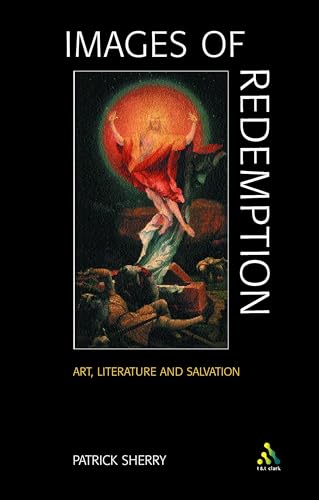PREFACE TO THEOLOGY—CHRISTOLOGY AND THEOLOGICAL METHOD
Written by John Howard Yoder Reviewed By Mark CoffeyHauerwas and Sider claim that Yoder is one of the most overlooked and important theologians of the twentieth century. Certainly the publishing of this transcripted 1968 lecture course will do much to enhance his reputation as a theological educator. The editing (by Stanley Hauerwas and Alex Sider) has added fluency together with an introduction that offers some context and orientation to this ecumenical and pacifist Anabaptist. Yoder’s central concern in training a generation of Mennonite students for ministry was to show Christology and discipleship to be inseparable within the context of the Christian community. Here, the influence of Karl Barth, whose seminars and lectures Yoder attended in Basel, is plainly evident. Those familiar with the more political The Politics of Jesus should note Hauerwas’ advice that it should be read together with The Preface to Theology each enhancing to other. Avoiding an extensive methodological prolegomena, he begins by drawing out clues as to the church’s purpose and method by observing theology at work in the experience of Matthew, Luke, John, and Paul. Secondly, he proceeds to give an anatomy of the early church’s Christological questions up to Chalcedon. A third section offers a ‘Systematic Treatment of Christological Themes’ beginning with the structure of the discipline and proceeding to consider ‘Christ as King: Last Things’, ‘Christ as Priest: Atonement’ and ‘Christ as Prophet: Revelation’. Such a narrative account of theology discloses the particular and historical character of the church’s theological engagement, disabusing students of any tendency to analytical abstraction or overly rigid dogmatism. This being so, conservative students will have to wrestle with the place of reason and historical tradition in relation to inherited or assumed theological stances (for example in his discussion of the Virgin Birth in ch. 6, or of biblical authority in ch. 13).
Pitted with biblical references, Yoder’s theology is far more concerned than Barth’s to employ the socio-historical insights of modern biblical studies. He argues that the canon’s significance lies not so much in doctrine, but in the fact that this original reference point is where ‘the church must go back to if she is to be the church’ (176). The editors anticipate criticism of the now dated biblical studies material, but more often than not Yoder’s thorough and prescient grasp of the contemporary insights of his day remain insightful. Bibliographies at the end of chapters not only furnish us with his sources, but also offer excellent extended reading material. Steering the novice through the complexities of Marcianism, Ebionitism, Nestorianism, the theologising of the Antiochenes and Alexandrians, and a host of other central debates surround the councils of the early church, Yoder’s clarity and incisive eye for the essential issues is evident. He explains the technicalities with ease (offering diagrammatic illustrations on Sabellius, 192), and provides helpful survey of positions (of dispensationalism for example in ch. 11).
Whilst it is equally suited to the independent reader, this reviewer would love to have had such a book available during the final months of his theology degree. The synoptic view that dawns as the biblical, historical, and philosophical strands of a course begin to interweave would have been greatly advanced by the expert guidance of one who offers the clarity of an avowedly Anabaptist voice together with an ecumenical sympathy in his reading of the discipline (seen for example in the breadth of his source material and the alternative versions of church history offered on p. 178). In his treatment of texts, traditions, scholars, and the history of doctrine, we find ourselves having covered much of the complex ground on epistemology, exegesis, and hermeneutics painlessly along the way. Refreshingly, there is a strong sense that Yoder is not merely disseminating knowledge in this introduction, but purposively training theologians to serve and disciple churches.
Mark Coffey
Manchester







